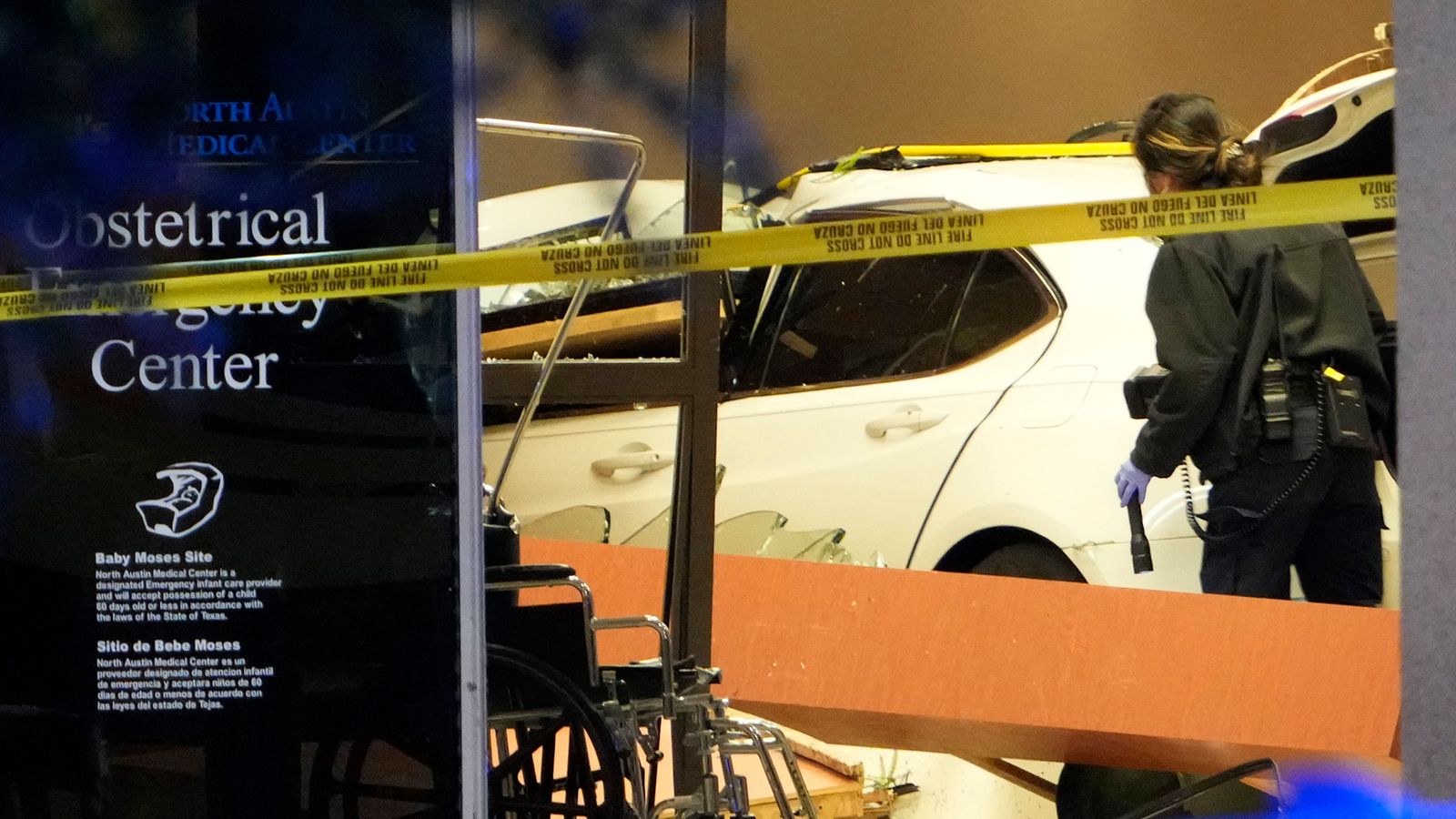
Smartphones may be able to detect how drunk a person is based on changes in their voice, according to a new study.
Researchers used sensors in smartphones to record a person’s voice before and after drinking.
They then put the recordings through a digital program to isolate and measure certain aspects, like frequency and pitch.
When checked against breath alcohol results, they found that the model they developed was able to predict a person’s level of intoxication with 98% accuracy.
Experts say the results of the small study could be used to develop ways to help prevent alcohol-related injuries and deaths in the future.
The research was led by Brian Suffoletto, an associate professor of emergency medicine at Stanford University in the US.
He said the accuracy of the findings of his research “genuinely took me by surprise”.
“Imagine if we had a tool capable of passively sampling data from an individual as they went about their daily routines and survey for changes that could indicate a drinking episode to know when they need help,” he said.
Professor Suffoletto said larger studies were needed to confirm the validity of the findings, which have been published in the Journal of Studies on Alcohol and Drugs.
How the research worked
The study involved 18 adults aged 21 and above, who were randomly given a series of tongue twisters to read out loud.
A smartphone was used to record their voices before drinking, and each hour up to seven hours after drinking.
The researchers also measured each person’s breath alcohol levels at the beginning of the study and every 30 minutes for up to seven hours.
Read more from Sky News:
Alcohol does not make people look more attractive – study
Men under 40 ‘shouldn’t have more than shot of beer per day’
Using digital programs, the researchers were able to isolate the speaker’s voices and analyse measures such as frequency and pitch in one-second increments.
According to Prof Suffoletto, other behaviours such as gait and texting could be combined with voice pattern sensors to gauge intoxication levels.
He said: “Timing is paramount when targeting the optimal moment for receptivity and the relevance of real-time support.
“For instance, as someone initiates drinking, a reminder of their consumption limits can be impactful.
“However, once they’re significantly intoxicated, the efficacy of such interventions diminishes.”






